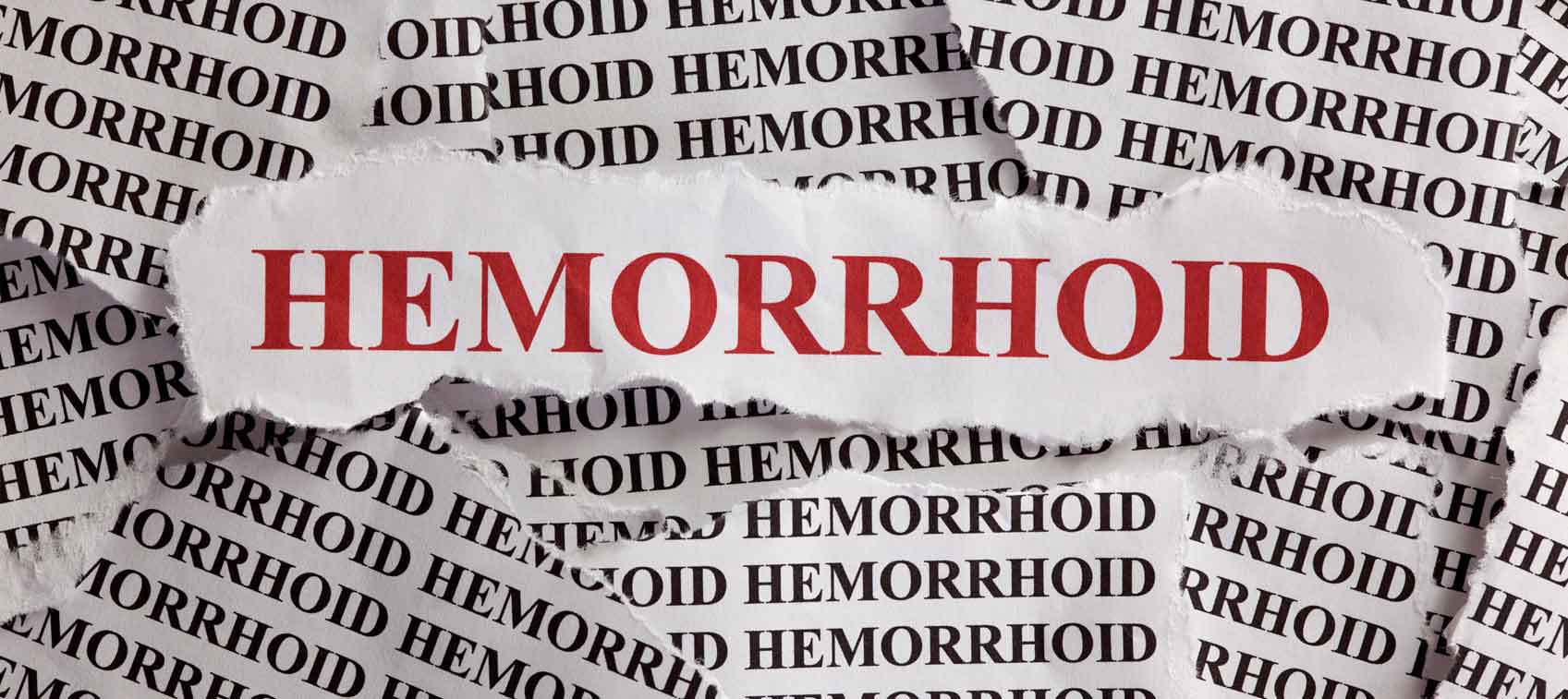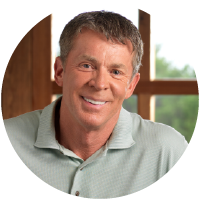
If you suffer from hemorrhoids, you're not alone. It has been estimated that anywhere from 50 to 75 percent of the adult population have the problem. As common as the problem is, you might expect that there would be some high-tech solution. Unfortunately, this isn't the case. Americans spend millions on hemorrhoid creams and salves, even though none of the products get rid of the problem. Surgeons are still "tying off," injecting, freezing, and burning hemorrhoids, just as they have for years.
Very simply put, a hemorrhoid is just a distended or bulged vein that either pops out from between muscle layers in the rectum or moves externally through the anal sphincter muscles. Once the distended vein gets in these positions, the surrounding muscles keep it from returning to its normal location. "Hanging" unprotected, the hemorrhoid gets scraped, bumped, or aggravated by everything moving through the rectum, and the pain can be excruciating.
Five Ways to Help Correct Hemorrhoids
- Avoid straining. Make sure your stools are soft and easy to pass. Drink a minimum of eight glasses of water daily and, if necessary, take a stool softener that doesn't contain any type of chemical irritant. Add bulk and roughage to the diet such as unpeeled apples or pears, figs, celery, or other raw fruits and vegetables. Psyllium seed (or psyllium seed products like Metamucil) from the health food store are also excellent methods to help sluggish, hard bowels.
- Use bioflavonoids. A bioflavonoid complex (1,000 to 4,000 mg daily) taken with vitamin C (500 to 1,000 mg daily) has been shown to reduce pain and bleeding, and strengthen the small blood vessels.
- Exercise. Walking strengthens the muscles of the buttocks and rectal area, which is essential if you want to clear up hemorrhoids.
- Use your leg muscles when you lift. Using the muscles of the stomach and back exerts pressure in the anal region.
- Don’t hold your breath when you lift or defecate. This further compresses the abdomen.


